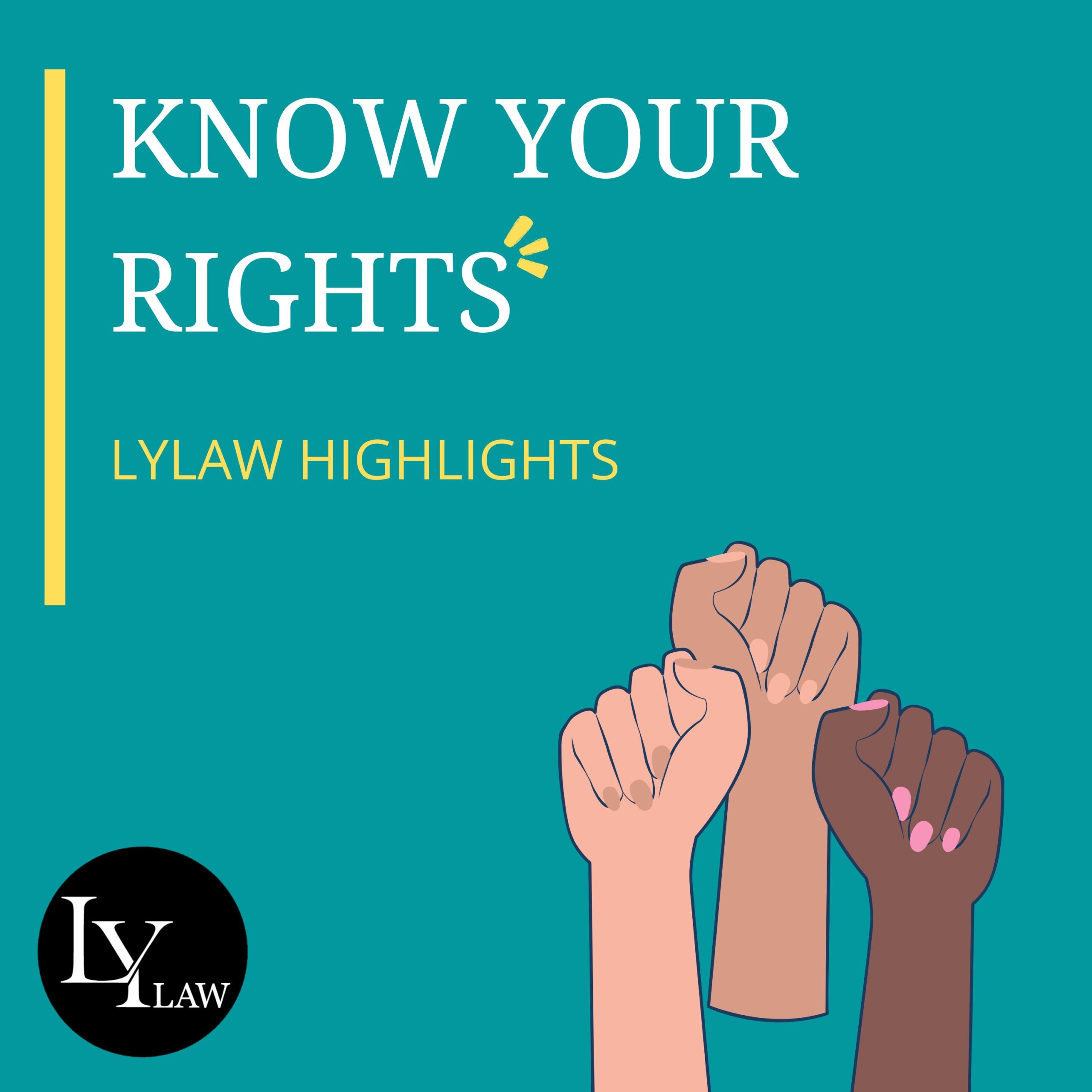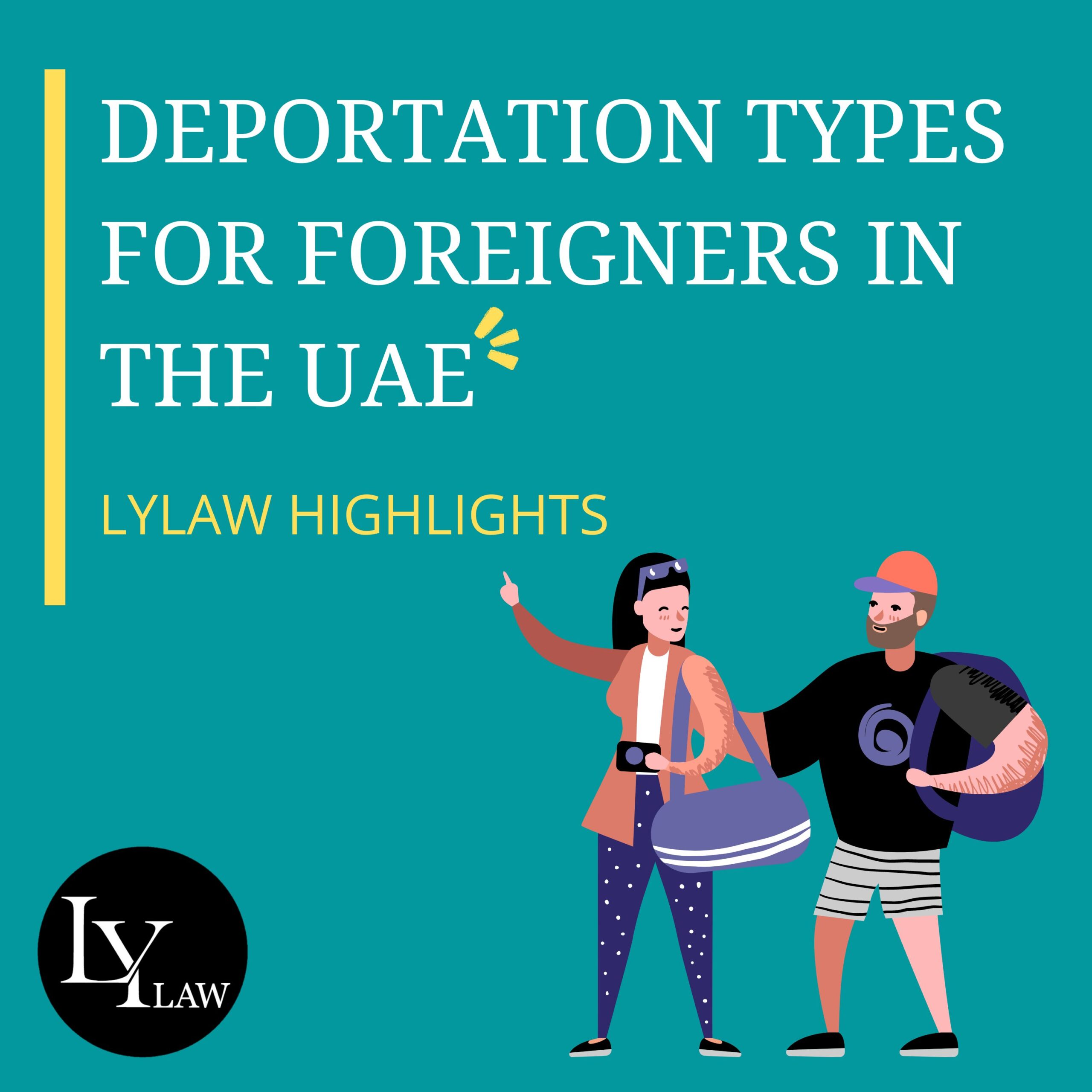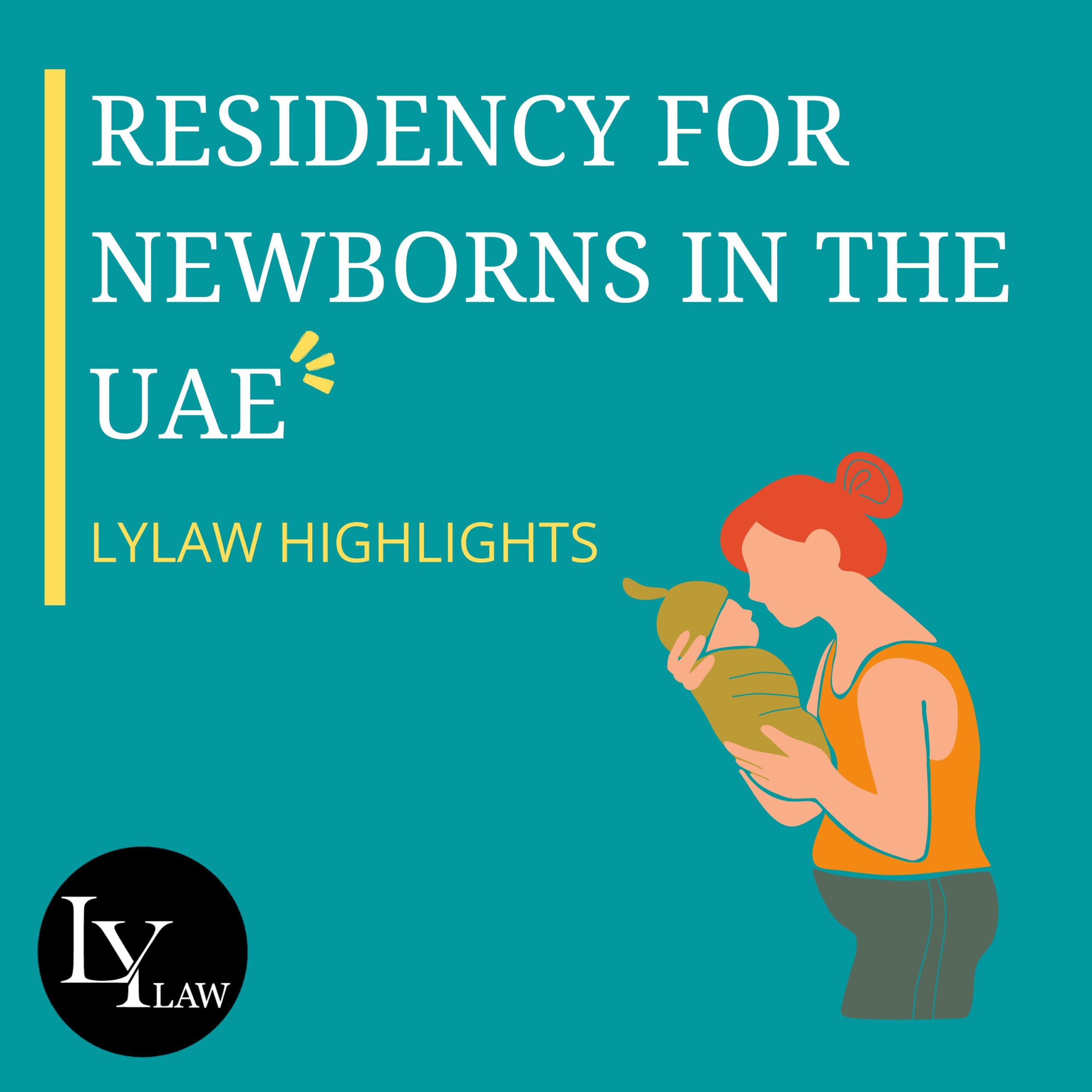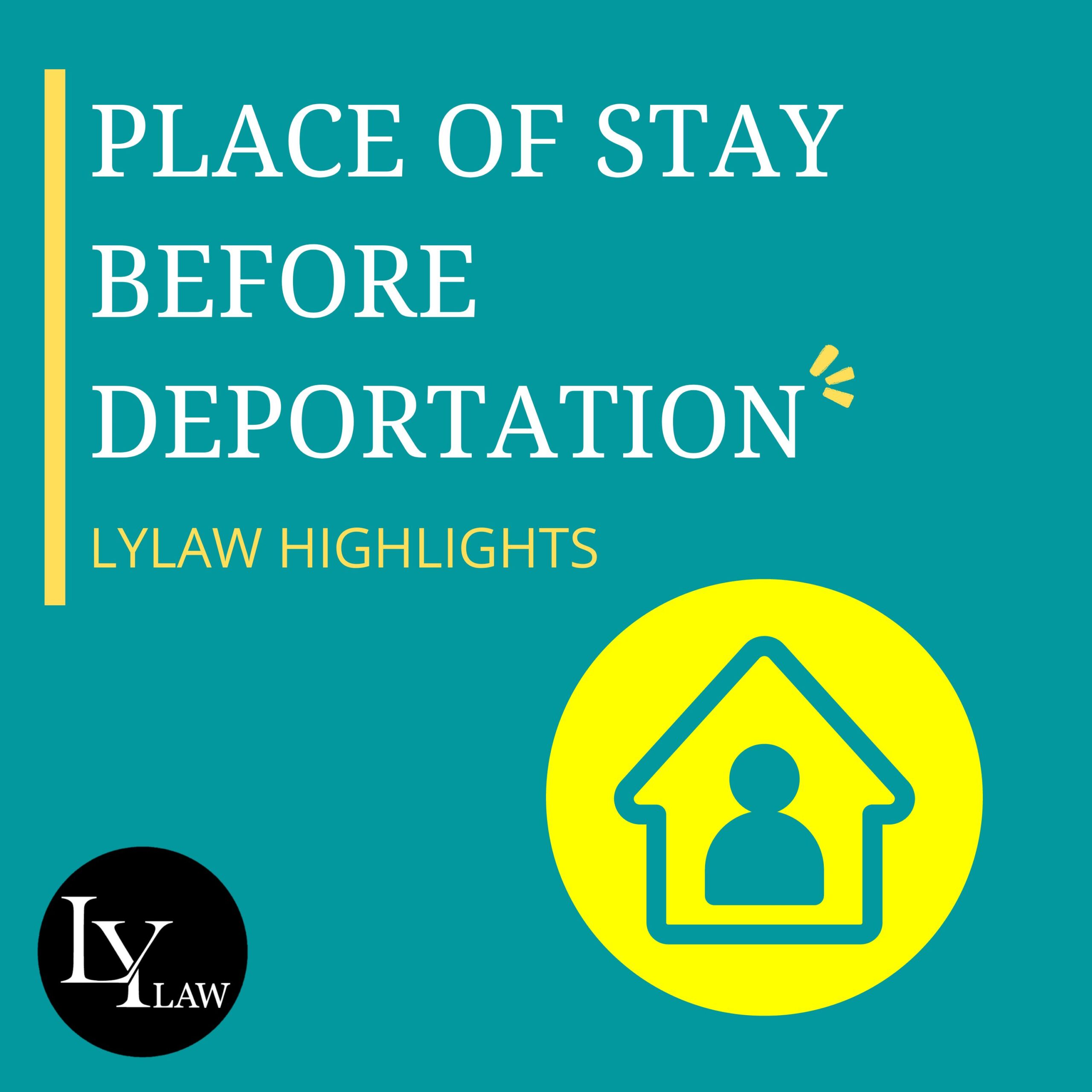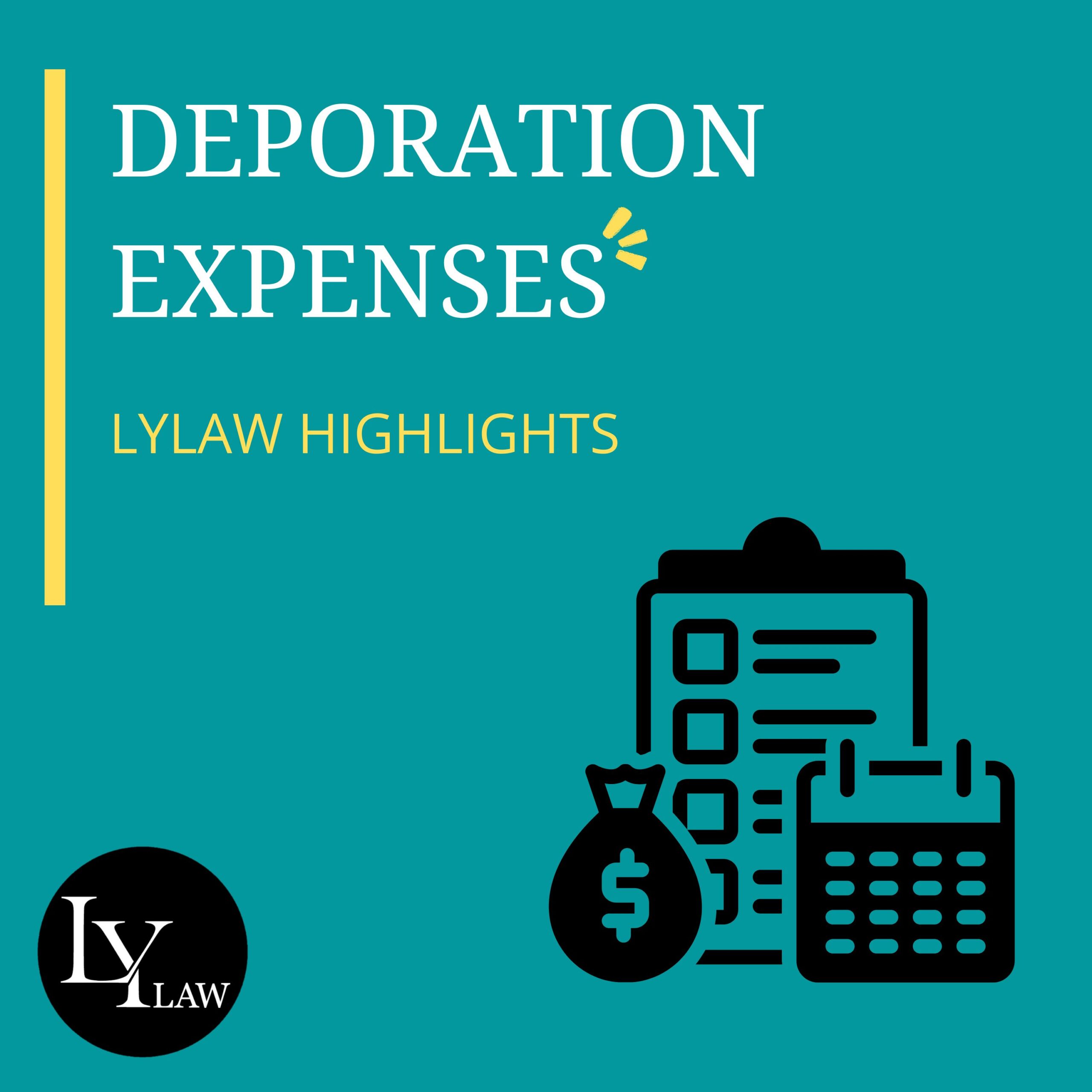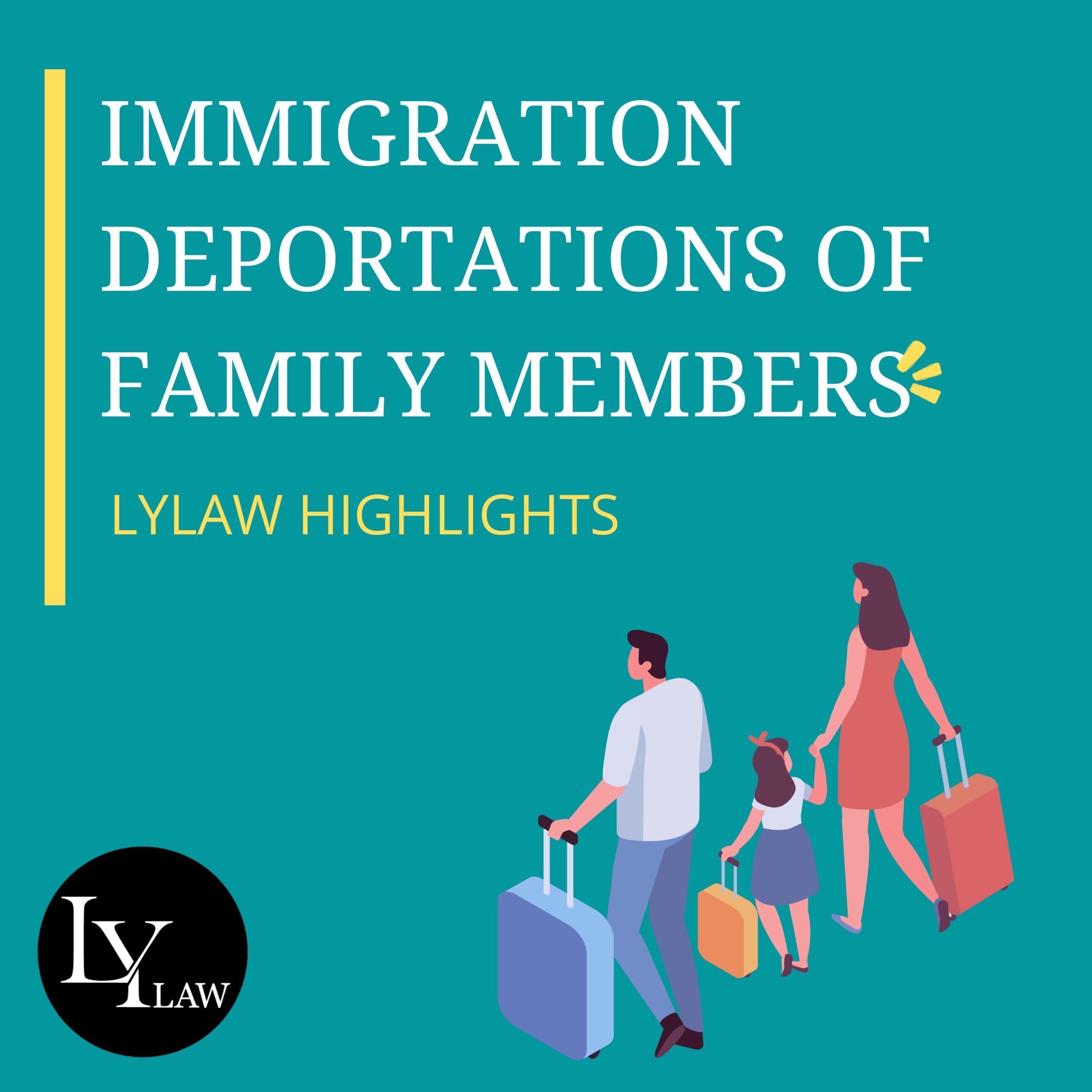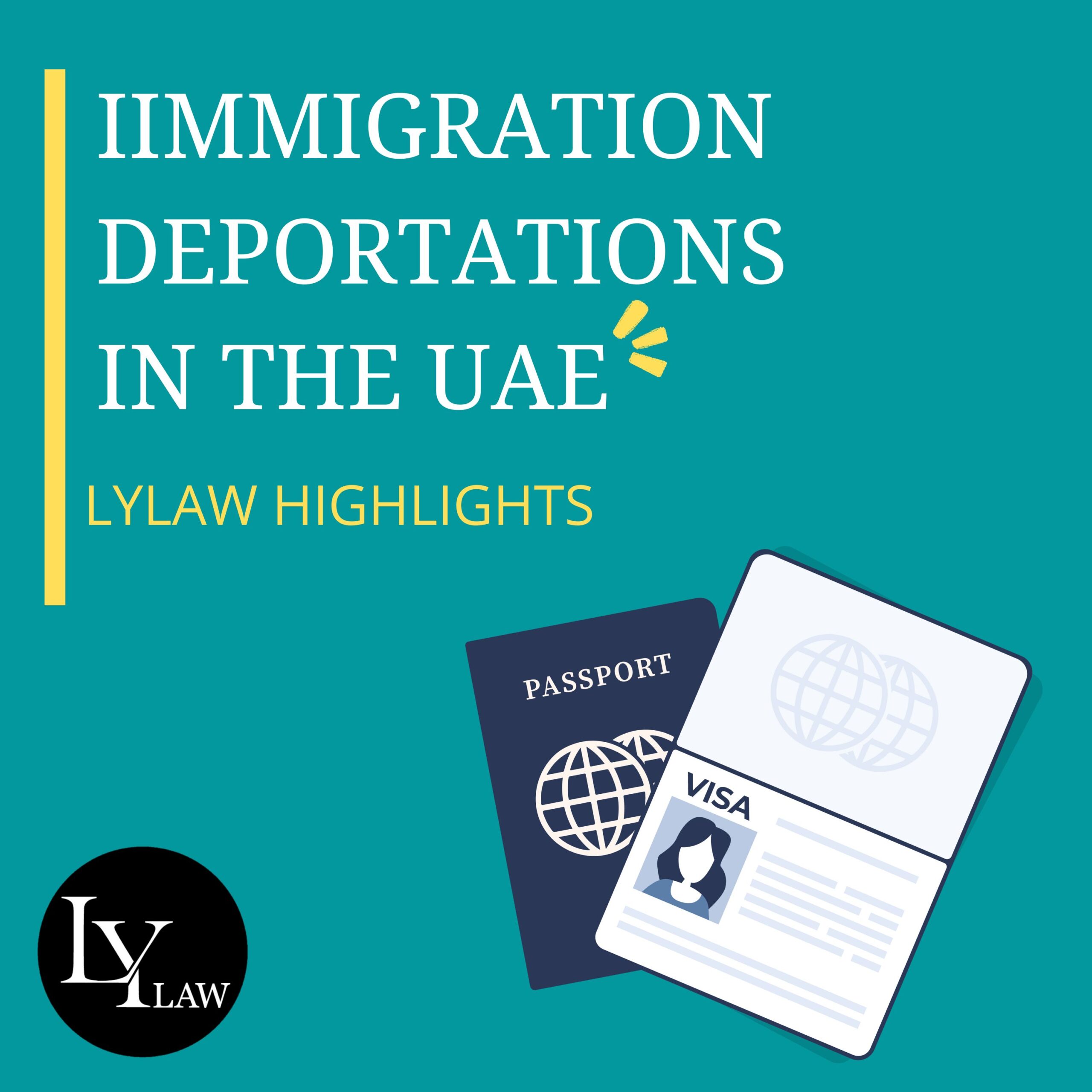Know Your Rights
- UAE Gender Balance Council
The U.A.E. Gender Balance Council is a federal entity, which was established to,
among other things reduce the gender gap across all government sectors, and
achieve gender balance in decision-making positions - Rights of People with Special Needs
Foster equality and non-discrimination towards individuals with special needs. - Combating Discrimination and Hatred
The purpose of this law is to encourage tolerance, co-existence and acceptance. Specifically, this law punishes discrimination of individuals based on religion, caste, doctrine, race, color or ethnic origin. - Rights of Employees & Employers
The new U.A.E. Labor Law enhances equality and non-discrimination and prohibits harassment and bullying. In particular, one of the objectives of the law, according to Article 2, is to provide protection for employees and employers and enable them to obtain their rights. Some of the most prominent examples of the rights enforced within the Labor Law are outlined below.
-Equal wage for men and women, when performing the same work
-Increased maternity leave of 60 days for women
-Paternity leave of 5 days for men
-Protection of juveniles. Limitation of working hours and implementing safe
and secure working conditions.
-Offers different models of work, like full time, part time, temporary, and
flexible work. This increases individuals’ access and opportunity to work,
under different conditions and circumstances. - Rights of Children
The purpose of this law is to ensure that all children are provided with appropriate
living standards, access to health services, education, and equal opportunities,
without any kind of discrimination. - Human Rights Office
The objective of the Human Rights Office is to enhance the understanding and application of human rights, in accordance with the rights enshrined in the UAE Constitution and laws, and in conformity to the principles established by international conventions. - Dubai Foundation for Women & Children
The Dubai Foundation for Women and Children, which was established in July 2007, is a non-profit shelter for women and children, who are victims of domestic violence, child abuse, and human trafficking. - Rights Within Justice System
This law provides for, among other things, the rights of those accused within the justice system. Some examples of these rights are outlined below.
-Evidence and torture: No physical or moral harm shall be applied on the accused, and no person shall be subjected to torture or degrading treatment. In addition, no criminal penalty may be imposed on anyone without proving his conviction according to the law.
-Translator Requirement: Judicial officers must retain the assistance of a translator when the accused, or the witness, or the expert, does not understand Arabic.
-Right to Remain Silent & Knowledge of Crime: The judicial officer must, as soon as they arrest, detain, or bring in the accused, and prior to hearing their statements, inform them of the crime they are accused of, and of their right to remain silent - Remote/Online Services and Systems
The U.A.E. has also introduced access to numerous remote services. This allows individuals to have increased access and rights, depending on their circumstances. Some examples are outlined below.
-Attending Court hearings online.
-Notarizing a power of attorney online.
-Applying to get married online.
-Registering a will online. - Rights Within Personal Status
Under this law, men and women are equal in all rights and obligations. In addition, spouses can apply unilaterally for divorce, without having to justify the reason. And, parents can share custody of children under 18, equally.

